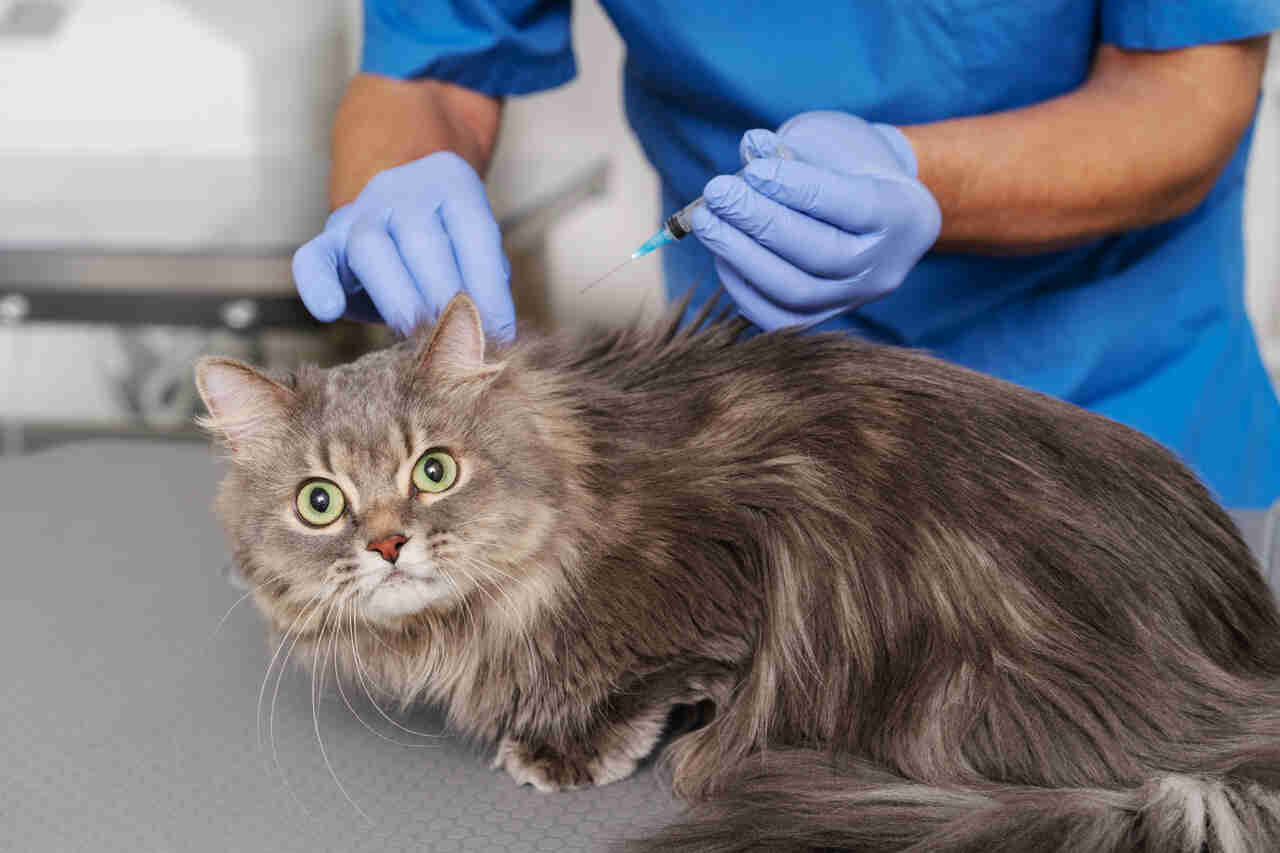
Taking your pet for a routine check-up with the veterinarian is one of the greatest signs of love from an owner.
The practice known as preventive veterinary medicine is the primary way to protect against diseases, especially those that most affect pets throughout the year, such as gastrointestinal and dermatological issues, as well as hemoparasitoses (tick-borne diseases).
But when should I take my pet to the veterinarian? Dr. Aline Ambrogi from the Centro Universitário de Jaguariúna (UniFAJ) assures that every six months is sufficient.
“Preventive veterinary medicine works to prevent the onset of diseases in animals and to increase their quality of life and life expectancy. Generally, I can say that early detection of a disease will significantly increase the animal’s life expectancy. Preventive care is based on vaccination, routine exams, dental care, parasite control, and a high-quality diet,” she says.
The specialist notes that during this routine check-up, information about the pet’s daily routine is requested from the owner. Additionally, the pet’s most important document, the vaccination booklet, should be brought to every visit. This booklet contains information about the vaccines and dewormers administered, as well as medications for fleas and ticks that the pet has already received.
“The check-up always follows a standard evaluation pattern. First, basic data about the animal, such as name, breed, and weight, are collected. Then, the veterinarian will ask a series of questions about the pet’s routine for the anamnesis, including inquiries about health issues, living environment, diet, whether the pet is urinating and defecating normally, etc.,” explains Aline. “Next, the physical examination of the animal will be conducted, assessing heart rate, respiratory rate, body temperature, among other factors.”
Dr. Ambrogi further explains that additional tests may be requested by the professional. Routine tests include: blood tests, which encompass a complete blood count and evaluation of the kidneys and liver; abdominal ultrasound, and even fecal, urine, X-ray, and electrocardiogram tests. According to the specialist, it is up to the veterinarian to determine which tests should be performed during the visit. The veterinarian may also prescribe medication if necessary.
Check-ups Should Be Performed by a Trusted Veterinarian
Getting preventive check-ups from a trusted veterinarian ensures the quality of life for your pet. Therefore, owners should seek out qualified professionals. “It is essential to always choose a veterinarian based on recommendations from friends and acquaintances. A professional who is always up-to-date and available in case of an emergency,” emphasizes Aline.
The specialist also recommends finding veterinary clinics and hospitals with quality infrastructure that can ensure proper care and the well-being of the animal.
This content was created with the help of AI and reviewed by the editorial team.

